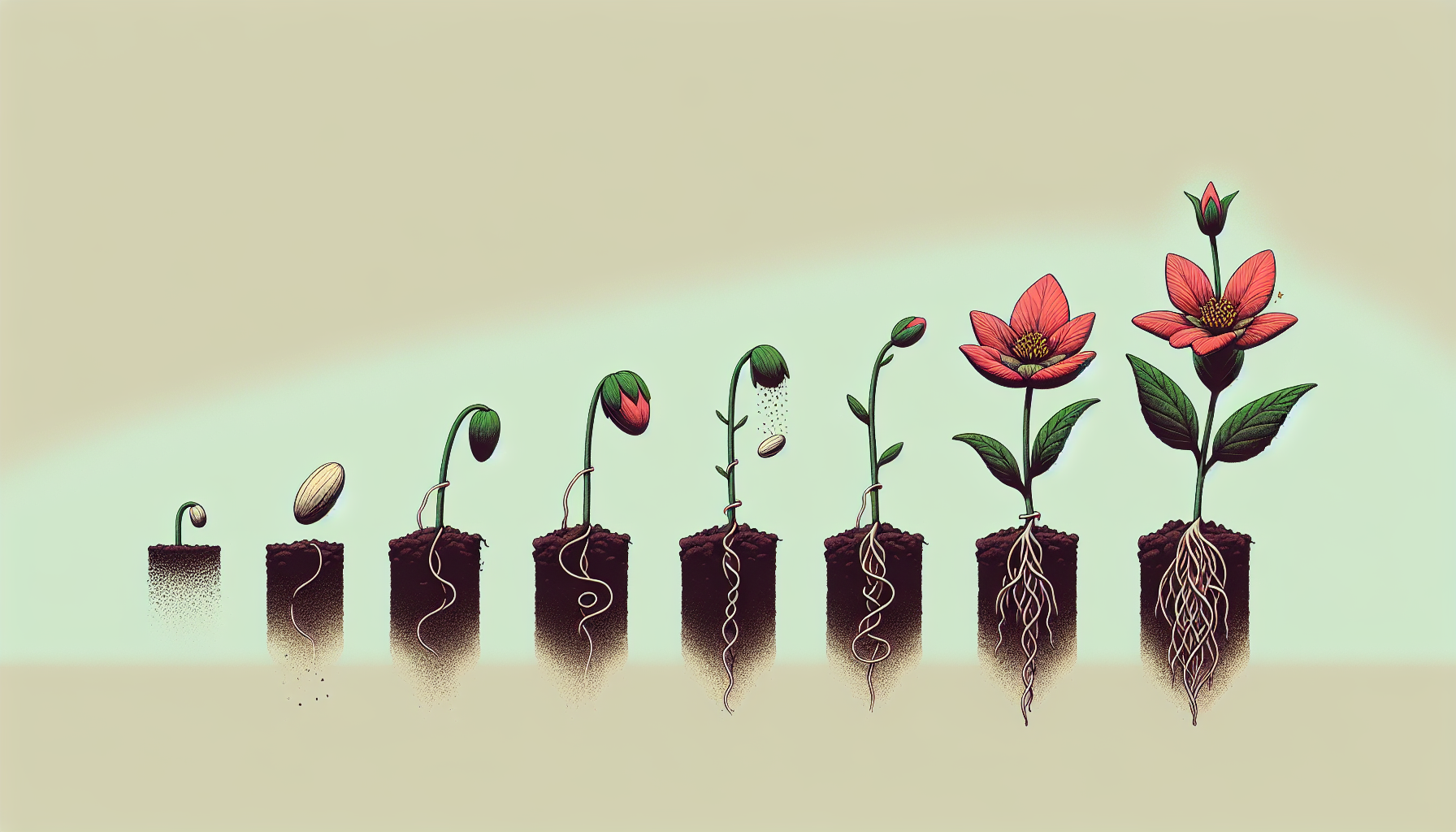Beyond Words: The Role of Cultural Context in Boston's Translation Scene

Translation is often perceived as a straightforward task of converting text from one language to another. However, this view overlooks the intricate layers of meaning embedded within cultural nuances. For instance, a legal document translated from Spanish to English must not only convey the correct terminology but also align with the legal practices and cultural expectations of both languages. Local translator Maria Gonzalez emphasizes this point: “Understanding the cultural context of a document is just as important as knowing the language. Misinterpretation can lead to legal ramifications that affect people’s lives.” In Boston, where a significant portion of the population speaks languages other than English, the implications of cultural nuance are particularly pronounced. A prominent example is the translation of immigration law documents. With Boston being a gateway city for many immigrants, legal translators are tasked with making complex legal language accessible and understandable. This necessity highlights the critical relationship between language and the cultural realities that individuals face in legal systems.
The Significance of Cultural Understanding in Medical Translation
The medical field, too, reveals the significance of cultural understanding in translation. Boston's hospitals and clinics cater to a multicultural patient base, making accurate translation of medical information critical. Dr. James Chen, a physician at Boston Medical Center, remarks, “When we communicate with patients who speak different languages, it’s not solely about translating words. It’s about ensuring they understand their diagnosis and treatment options in a culturally respectful and sensitive manner.” This is particularly important in health communication, where misunderstandings can lead to improper treatment or even jeopardize patient safety. For example, translating medical consent forms requires not just linguistic skills but also an awareness of the cultural perceptions surrounding medical practices.
Literary Translation and Cultural Identity
Beyond the realms of law and medicine, cultural context plays an equally vital role in literary translation. Boston's literary scene is rich with voices from various backgrounds, and translators act as bridges between these cultures. Translator and poet Amina El-Hakim shares her experience translating Arabic poetry into English: “Each poem is steeped in the cultural identity of its origin. Capturing the essence of the work while making it accessible to an English-speaking audience requires a deep understanding of both cultures.” Literary translators often face the challenge of conveying not just the literal meaning, but also the rhythm, emotion, and cultural references of the original text. For instance, translating humor or idiomatic expressions often necessitates a creative approach that ensures the text resonates with the target audience. This is where a translator's creativity and cultural insight come into play, making literary translation a particularly challenging yet rewarding endeavor.
The Role of Technology and Community
As Boston continues to evolve into a global city, the demand for translation services grows alongside it. Technology plays a crucial role in enhancing these services, with tools like CAT (Computer-Assisted Translation) software and online collaboration platforms aiding translators. These advancements have made it easier for translators to manage large projects, maintain consistency, and collaborate with peers across the globe. However, technology alone cannot replace the human touch that understanding cultural context provides. Community organizations in Boston, such as the Boston Language Access Coalition, work to ensure that non-English speakers receive the information and support they need. By bridging gaps in communication, these organizations highlight the importance of cultural sensitivity in translation services. Their initiatives underscore that translation is not just about language proficiency; it is about fostering inclusion and understanding in a multicultural society.
In conclusion, the translation scene in Boston is a vibrant tapestry woven from diverse cultural threads. As translation professionals navigate the complexities of language, they must also embrace the cultural contexts that shape communication. From legal and medical fields to literary works, the role of cultural nuance in translation cannot be overstated. By acknowledging and adapting to these cultural intricacies, translators in Boston not only facilitate communication but also contribute to the city’s multicultural identity. As we look to the future, it is clear that the art of translation—rooted in cultural understanding—will remain an essential aspect of Boston’s ongoing story. In a world where communication is paramount, the role of translators as cultural mediators will only grow in importance, shaping how we understand and engage with one another across language barriers.
Legal Translator
Law firms, government agencies, translation companies specializing in legal services
Responsibilities
Translate legal documents, including contracts, immigration forms, and court filings, ensuring accuracy and adherence to legal terminology.
Collaborate with attorneys to clarify legal concepts and provide context for culturally specific terms.
Review translated documents for compliance with both source and target legal systems.
Required Skills
Proficiency in legal vocabulary and understanding of legal systems in both source and target languages.
Attention to detail and strong research skills to ensure legal accuracy.
Experience in a legal environment or a law degree can be advantageous.
Medical Interpreter
Hospitals, clinics, telehealth services, and healthcare organizations
Responsibilities
Facilitate communication between healthcare providers and patients who speak different languages, ensuring accurate interpretation of medical terminology and patient concerns.
Assist in translating medical consent forms and educational materials to promote patient understanding of diagnoses and treatment plans.
Maintain confidentiality and adhere to ethical standards of medical interpretation.
Required Skills
Deep understanding of medical terminology and procedures in both languages.
Cultural sensitivity and the ability to navigate complex interpersonal dynamics in healthcare settings.
Certification in medical interpretation is often required (e.g., CMI, CHI).
Literary Translator
Publishers, literary agencies, and freelance opportunities
Responsibilities
Translate literary works, including novels, poetry, and essays, capturing both the essence and emotional depth of the original text.
Collaborate with authors and publishers to discuss stylistic choices and ensure fidelity to the author’s voice.
Participate in literary events and workshops to promote translated works and engage with the literary community.
Required Skills
Strong command of literary devices and an appreciation for the nuances of different writing styles.
Ability to convey cultural references and idiomatic expressions creatively.
Experience in creative writing or literary studies can enhance translation quality.
Localization Specialist
Tech companies, game developers, e-commerce platforms, and marketing agencies
Responsibilities
Adapt products, services, and marketing materials for specific cultural contexts and target audiences, ensuring relevance and effectiveness.
Collaborate with cross-functional teams, including marketing, design, and product development, to ensure localized content aligns with brand messaging.
Conduct market research to understand cultural preferences and consumer behavior in target regions.
Required Skills
Proficiency in localization software and tools (e.g., SDL Trados, memoQ).
Strong cultural awareness and understanding of regional market trends.
Background in marketing, linguistics, or a related field can be beneficial.
Cultural Consultant
Non-profits, educational institutions, corporations with a global presence, and cultural organizations
Responsibilities
Provide insights and guidance on cultural nuances, customs, and practices to organizations seeking to engage with diverse communities.
Assist in developing culturally sensitive content and marketing strategies for products and services.
Conduct training sessions and workshops to educate employees on cultural competency and sensitivity.
Required Skills
In-depth knowledge of specific cultures, languages, and societal norms.
Excellent communication and interpersonal skills to foster collaboration and understanding.
Experience in anthropology, sociology, or international relations can enhance expertise.


